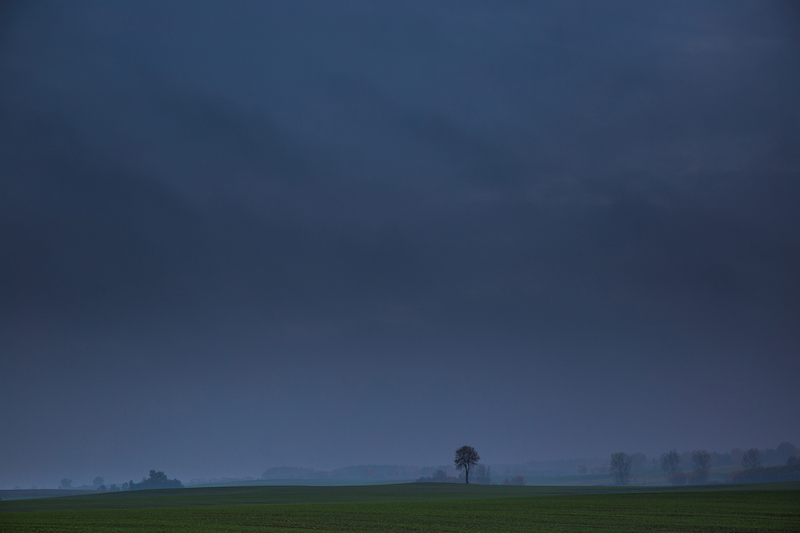Know What Is and What Is Not Covered
Post-Hurricane Irma, many Florida residents found that their insurance policy limited or even excluded coverage for exposures they assumed were included in the homeowners policy. It’s important to speak with your agent or insurance company so you can be confident in coverage and protections for your home.
Make sure you educate yourself regarding the following exposures:
- Hidden Water Damage
- Pool Screen Enclosures
- Outbuildings
- Other Structures
- Wind Driven Rain
- Hurricane Deductibles
- Dwelling Under Construction
Let’s Face It, Every Part of Florida Could Be At Risk
If you live in an area where hurricanes are common, hurricane season preparations can take many forms. First, you need to make sure you have adequate insurance to protect both your home and your possessions. Secondly, you need to make sure you have what you need close at hand so you can gather it together and evacuate the area if that is what local authorities recommend.
Homeowner’s Insurance Isn’t Enough
Your homeowner’s insurance is sufficient to protect your home in various ways, but it doesn’t cover hurricane, wind, or flood damage. If hurricanes are at all possible in your area, you need to make sure you have both flood insurance and hurricane damage insurance. Florida state law requires that hurricane insurance is included in residential policies, but that doesn’t necessarily mean you have flood insurance. Hurricane insurance normally covers damages caused by high winds and other storm-related damage. Flood insurance will cover most types of water damage that are caused by hurricanes and other weather-related events.
To make sure you have the right types of insurance in place, you can request a home inspection to find ways to strengthen your existing forms of protection. The inspector can offer you advice on how you can protect your home from hurricane or flood-related damage by covering your windows or reinforcing walls or supports. Spending the extra money to have a flood insurance policy included with your hurricane protection can save you from financial disaster if your home is damaged in any way.
Make Sure You Have What You Need
It’s important to have the materials you need on hand before the bad weather hits your area. This can include large pieces of plywood and plastic sheeting for covering windows and doorways. It’s also a necessity to have several gallons of fresh water, a first aid kit, cellphone with a charger, an LED flashlight with several batteries, and enough non-perishable food to last from four to seven days. This will keep you going until emergency personnel can reach you and get you moved to a safer location. If you have a generator that runs on gasoline, having a few gallons of fuel on hand is also beneficial. If you rely on daily medication, make sure that you have enough to get you through the emergency by storing it in a location that is safe and dry.
People who live in areas where hurricanes are common understand the risks involved. If you are new to the area, make sure you get your hurricane and flood insurance policies in place as soon as possible. It can take up to 30-days for a flood policy to take effect so waiting can be a costly mistake. Don’t take chances with your home or your safety. Make sure your home and property have the protection it needs. You also need to make sure you have everything you will need to make it through an emergency situation. The best way to make sure you are fully protected is to talk to your insurance agent and make sure all of your questions are answered to your satisfaction.

